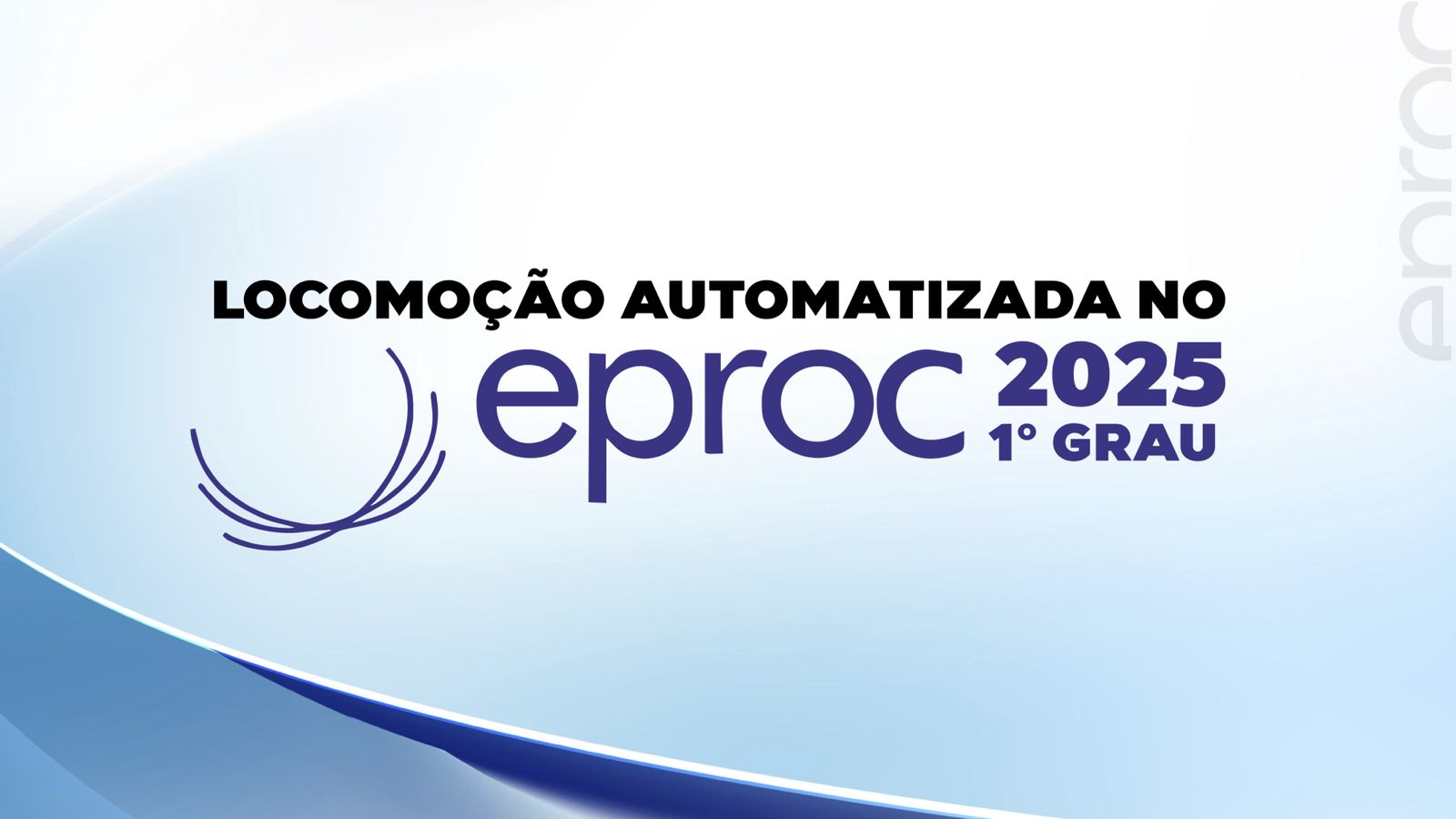
From this Monday (October 20th), the Court of Justice of the State of Tocantins (TJTO) begins the training of civil servers and officers of the interior counties for the use of a new tool that automates the calculation and payment of travel expenses of Justice officers directly in the Eproc System, as regulated by the Joint Ordinance no 13 of 2024. The Automated Locomotion Payment Module is an innovation of the Eproc/TJTO System that automates the entire process of generating, paying and passing on the locomotion values to the Justice officers.
After the success of a pilot project implemented in the County of Paraíso do Tocantins, the tool will become operational in all counties of the State on November 4th. For the president of the TJTO, Justice Maysa Vendramini Rosal, the news seeks to optimize the management of resources and work in judicial units and it is in line with the principles of efficiency, economy and administrative modernization.
“The tool is a further advance in the administrative modernization of the Judiciary, by integrating to EPROC a procedure that until now was carried out outside the electronic process system", states the president, highlighting that the measure follows the same line as the incorporation of the collection of procedural costs to the electronic platform.
The training that will go through the State is a continuation of the course on "Automated Locomotion in EPROC – 1st Degree" -, held in partnership with the Superior School of the Judges of the State of Tocantins (Esmat) in September.
The administrative technical advisor of the Judicial Board of support to EPROC, Celma Barbosa, who taught the first training, will also conduct classes in the counties. The initiative aims to ensure the correct use of the system and strengthen the digital transformation policy of the Judiciary, as explained by the civil server.
"The Automated Locomotion Payment Module is an innovation of the Eproc/TJTO System that automates the entire process of generation, payment and transfer of the values of locomotion to the Justice officers. With the implementation of this new tool, manual steps are eliminated, ensuring more agility, transparency and security in transactions. In addition, the solution strengthens the digital governance of the Judiciary of the state of Tocantins, integrating directly with “Caixa Econômica Federal” for validation and transfer of payments”.
How the tool will work
The new tool was officially developed by the Directorate of Information Technology (DTINF) and approved by the Judicial Directorate/ Eproc Support, which attest to its full functionality and integration into the environment of the Court. "These improvements consolidate the Eproc/ TJTO as a modern and efficient system, aligned with the guidelines for digital transformation and the continuous search for innovation and administrative sustainability within the Judiciary of the state of Tocantins," says Celma Barbosa.
With the authorized expansion to 4/11, the collection of transportation expenses will be made exclusively through a bank slip generated within the judicial process itself in the system, and deposits and transfers in old accounts of the counties will be discontinued.
Both a civil server of the district and the lawyer can generate the guides of transportation expenses. If the lawyer has the knowledge of the address of the diligence, it can generate the collection of travel expenses. If the generation is made by the civil server of the Judiciary, the party will be summoned for discharge.
With the bank slip generation, Eproc launches an event in the process with the bank slip file. After making the payment, the party must attach the proof in the process. Once the bank compensation of the bank slip is confirmed, the system is updated and it launches the event that informs the payment in the process. The unit issues the warrant linked to the calculated value for the locomotion.
“It is important to note that previously, the part needed to leave the Eproc System to collect expenses on another platform, which has now been simplified, concentrating all steps in a single system", adds Celma Barbosa.
Automatic credit in the account of the officer
With the new tool, explains the civil server, once completed the fulfillment of the warrant, the system automatically credits "the corresponding amount directly in the bank account of the Judicial officer responsible for due diligence, keeping all records available and traceable in EPROC, even in cases of completion of due diligence when necessary".
As an immediate result of the implementation, the Judiciary noted that there is a reduction in manual labor and parallel controls, in addition to the complete and traceable automation of the entire movement flow. There is also no more need to manage bank accounts or vouchers. "The integration with the agreed financial institution allows the confirmation events of the tickets to be automatically launched in the processes", adds Celma Barbosa.